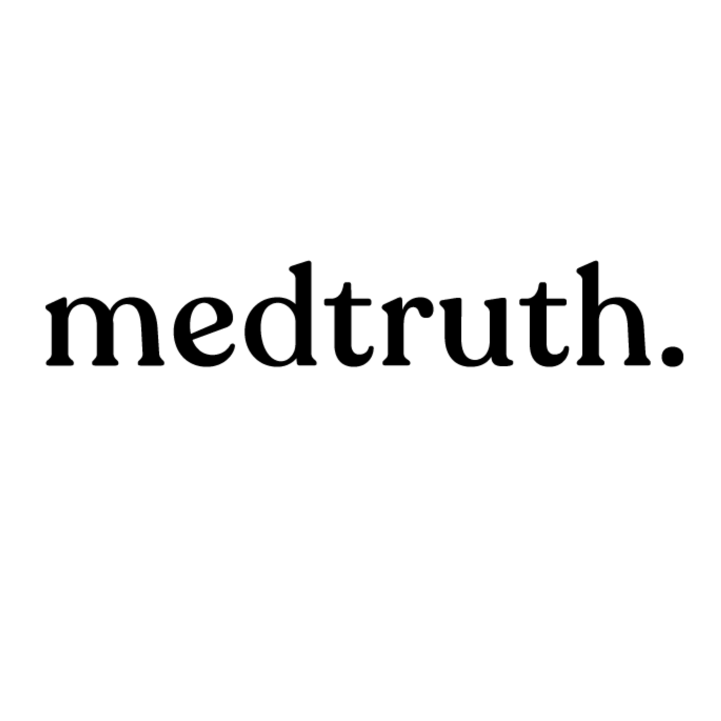FDA and FTC Issue Warnings to Companies Selling Fraudulent COVID-19 Treatments
Regulations
The U.S. Food and Drug Administration and the Federal Trade Commission have sent warning letters to two companies for selling “fraudulent” COVID-19 products. In the FDA’s Tuesday announcement the agency reiterated that there are currently no approved products that prevent or treat COVID-19.
According to the FDA, Honey Colony and Dr. Dhole’s Sushanti Homeopathy Clinic are falsely marketing multiple products as “safe and/or effective for the prevention and treatment of COVID-19.”
Products of concern include, but are not limited to “Jigsaw Magnesium With SRT” and “Quicksilver Liposomal Vitamin C w/Liposomal” from Honey Colony and “Homeopathic Genus Epidemicus” from Dr. Dhole’s.
The FDA advises those concerned about COVID-19 to consult with their health care provider.
List of COVID-19 Symptoms Continues to Expand
Public Health
Until last week, when the Centers for Disease Control and Prevention updated its website, fever, coughing and shortness of breath were widely considered the telltale signs of the novel coronavirus. The updated website, however, now states that just two symptoms—cough and shortness of breath/difficulty breathing, may indicate COVID-19 infection. Additionally, individuals exhibiting two or more of the following symptoms, with or without breathing issues or cough, may also have COVID-19: fever, chills, sore throat, muscle pain, repeated shaking with chills and new loss of taste or smell. The CDC cautions that this is not a comprehensive symptom list.
The World Health Organization, on the other hand, lists fever, cough and tiredness as the most common COVID-19 symptoms with “aches and pains, nasal congestion, headache, conjunctivitis (pink eye), sore throat, diarrhea, loss of taste or smell or a rash on skin or discoloration of fingers or toes” as less common symptoms affecting some patients.
More unusual symptoms being linked to COVID-19 include tingling, fizzing or burning sensations and skin tissue death, according to a Guardian report.
Quick and Inexpensive COVID-19 Test Under Development
Research + Findings
Researchers at the Massachusetts Institute of Technology have developed a prototype for a quick and inexpensive COVID-19 diagnostic test called STOPCovid, as reported by The New York Times. With a materials cost of about $6 per test, STOPCovid provides results in a straightforward manner similar to that of a pregnancy test. The price tag is expected to decrease further with mass production.
The STOPCovid testing protocol takes less than one hour and doesn’t require complex laboratory equipment, according to the STOPCovid website. STOPCovid replaces the 35-year-old, multi-step PCR (polymerase chain reaction) genetic technology used in existing COVID-19 tests with a much simpler protocol using a gene-editing technology called CRISPR.
Despite its promise, the STOPCovid test hasn’t been published in a peer-reviewed journal or tested by other researchers.
Research teams in San Francisco and in Buenos Aires are also working on gene-editing technology based COVID-19 diagnostic tests.
Johnson & Johnson Settles West Virginia Pelvic Mesh Lawsuit For $3.9 Million
Legal Developments
On Monday, West Virginia Attorney General Patrick Morrisey announced a $3.9 million settlement with Johnson & Johnson over the company’s alleged misleading marketing of pelvic mesh to West Virginia women, according to AP News. The lawsuit, which Morrisey filed in September, claimed that Johnson & Johnson and its subsidiaries misrepresented the risks and effectiveness of their pelvic mesh (also known as transvaginal mesh), at times relying on studies written by paid consultants.
A spokeswoman for Johnson & Johnson subsidiary Ethicon told AP that the settlement did not involve an admission of liability or misconduct.
"This settlement demonstrates our office's commitment to hold accountable corporations who ignore potential risks and side effects or omit such crucial details from the materials provided to doctors and patients,” Morrisey told reporters.
The settlement also resolved allegations that Johnson & Johnson used deceptive marketing practices to promote its metal-on-metal hip replacements.
